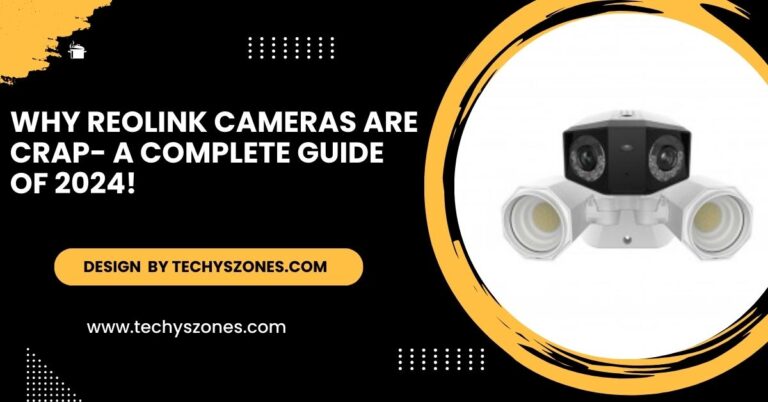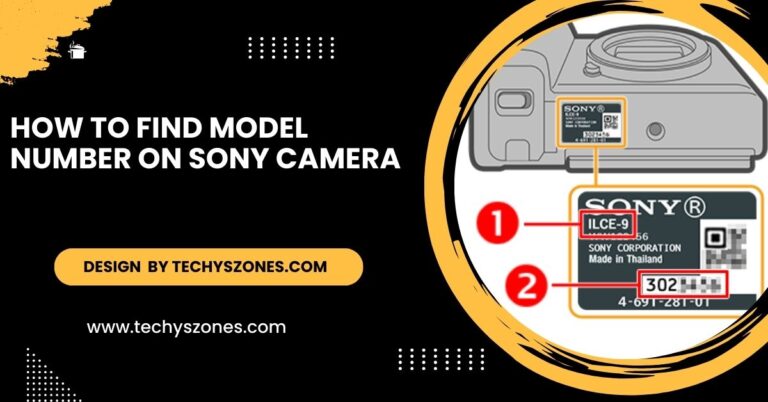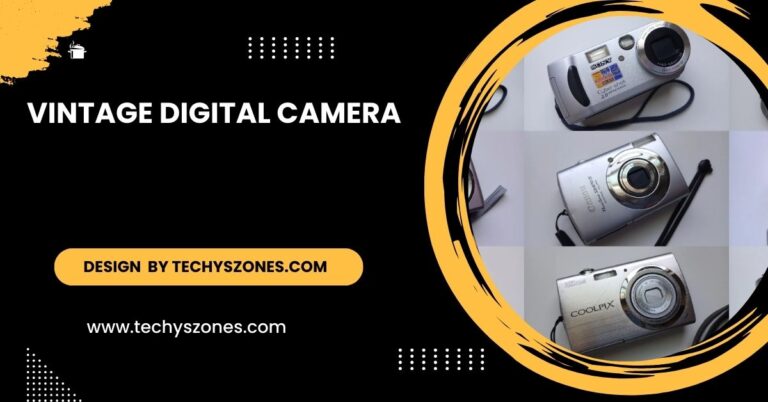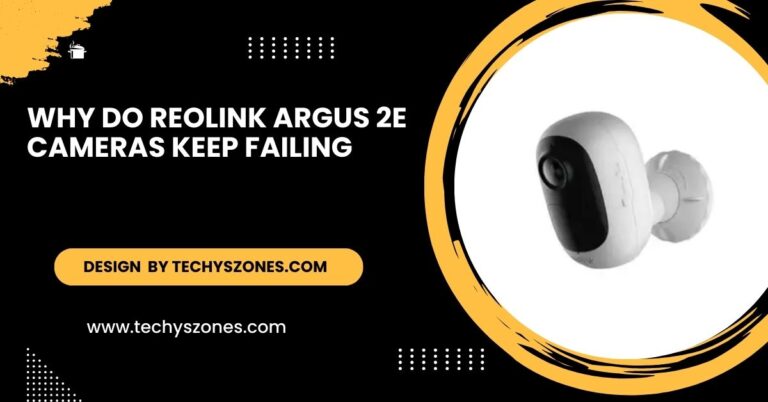Cellular Security Camera – The Ultimate Wi-Fi-Free Surveillance Solution!
Cellular security cameras use mobile networks, offering reliable surveillance without Wi-Fi. They’re ideal for remote areas, ensuring security with easy setup and advanced features.
In this article, discover how cellular security cameras revolutionize modern surveillance. Using mobile networks instead of Wi-Fi, they provide reliable, real-time monitoring, making them a flexible and secure choice for homeowners and businesses in diverse environments.
What is a Cellular Security Camera?
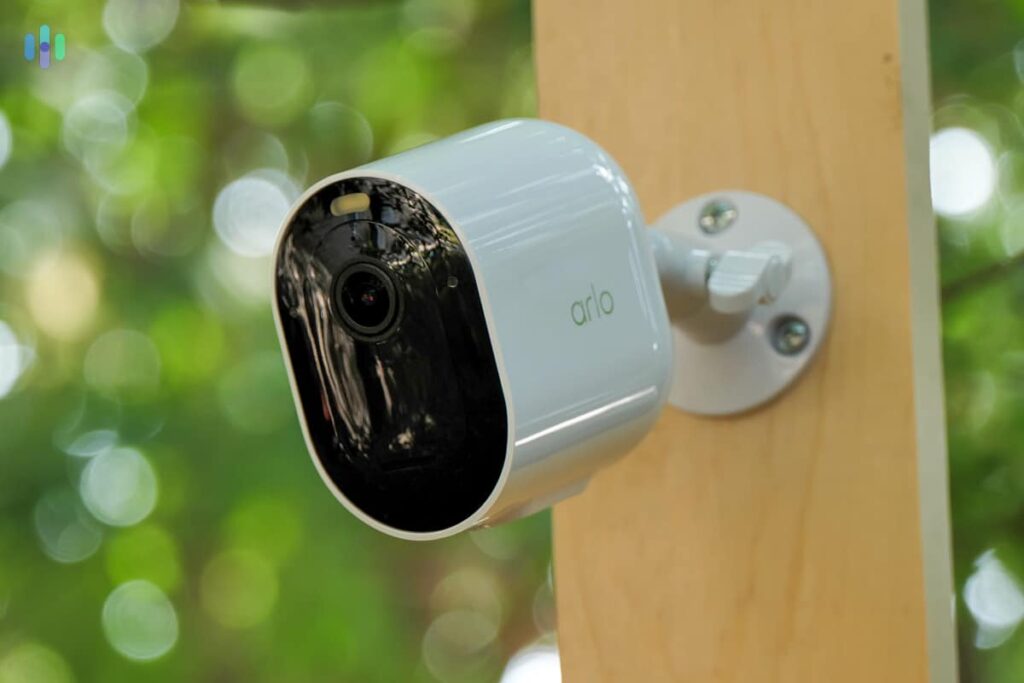
A cellular security camera is a surveillance camera that operates using cellular data rather than a Wi-Fi connection. These cameras typically use 4G or 5G networks to send live video footage to a cloud storage service or your mobile device. They are especially useful in areas without stable internet access or for those who prefer not to depend on Wi-Fi.
Benefits of Using a Cellular Security Camera:
- No Need for Wi-Fi: One of the biggest advantages of a cellular security camera is that it doesn’t require a Wi-Fi connection. This makes it ideal for remote locations, outdoor spaces, or areas where internet access is unreliable or unavailable.
- Remote Monitoring: With a cellular security camera, you can monitor your property from anywhere in the world. As long as you have cellular service or access to mobile data, you can view live footage, receive alerts, and even communicate with people through two-way audio.
- Easy Setup: Setting up a cellular camera is typically easier than traditional Wi-Fi cameras. There are no complicated network configurations, and in most cases, you just need to insert a SIM card and power up the device.
- Reliable Performance: Cellular cameras can perform in areas where Wi-Fi signals are weak or inconsistent, ensuring continuous surveillance. They are less likely to experience connectivity issues than cameras reliant on Wi-Fi networks.
- Security and Privacy: Cellular security cameras often provide encrypted connections, ensuring your footage is protected from unauthorized access. The use of mobile data also adds an extra layer of security compared to traditional Wi-Fi-connected cameras.
Types of Cellular Security Cameras:
- Battery-Powered Cellular Cameras: Battery-powered cellular cameras are a popular option because they offer ultimate flexibility. These cameras can be placed anywhere without needing a power outlet. However, they require periodic recharging, depending on usage.
- Solar-Powered Cellular Cameras: For an eco-friendly option, solar-powered cellular cameras are an excellent choice. They are equipped with solar panels that recharge the camera’s batteries, ensuring continuous operation without the need for frequent recharging.
- Plug-In Cellular Cameras: Plug-in cellular cameras are a reliable choice for those who need a constant power source. These cameras require a nearby outlet for power, but they offer uninterrupted surveillance, making them suitable for both indoor and outdoor use.
Also Read: ://techyszones.com/maraca-camera-brand/
How to Choose the Right Cellular Security Camera:
When selecting a cellular security camera, it’s important to consider the following factors:
- Data Plan: Ensure the camera is compatible with your cellular provider and that you have an appropriate data plan. Some cameras require a dedicated data plan, while others work with your existing mobile phone plan.
- Camera Quality: Look for cameras with high-resolution video, such as 1080p or higher, to ensure clear footage. Features like night vision and motion detection are also important for comprehensive security.
- Battery Life: Check the battery life to ensure it aligns with your needs. If you choose a battery-powered model, make sure it offers long-lasting performance between charges.
- Weather Resistance: If you plan to install your camera outdoors, ensure it is weather-resistant or waterproof to withstand the elements.
- Additional Features: Many cellular cameras come with additional features, such as two-way audio, cloud storage, and integration with smart home systems. Choose a camera that meets all your security needs.
How Cellular Security Cameras Work:
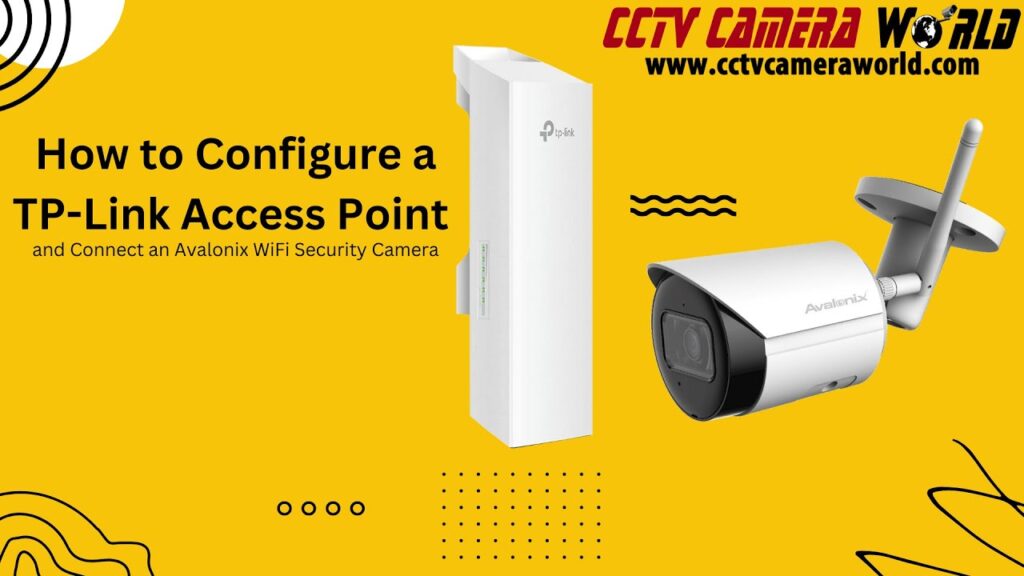
- Network Connectivity: A cellular camera connects to a mobile network via a SIM card. This enables it to send video footage to a cloud server or your mobile device.
- Data Usage: Cellular cameras consume data depending on their usage. High-resolution video, frequent motion detection, and continuous recording can increase data consumption.
- Integration with Mobile Apps: Most cellular security cameras come with dedicated apps that allow you to view live feeds, adjust settings, and manage alerts remotely.
Essential Features to Look For
- High-Definition Video: Choose cameras with at least 1080p resolution for clear and detailed footage.
- Night Vision: Infrared or low-light capabilities ensure the camera performs well in darkness.
- Motion Detection: Advanced motion sensors trigger alerts and recordings only when movement is detected, saving data and battery life.
- Weather Resistance: For outdoor cameras, ensure they have an IP65 or higher rating for protection against rain, dust, and extreme temperatures.
- Two-Way Audio: Enables real-time communication with visitors or intruders through the camera.
- Cloud Storage and Local Backup: Opt for cameras that support cloud storage for easy access to recorded footage. Some models also allow SD card storage for local backups.
FAQ’s
- What is a cellular security camera?
A cellular security camera is a surveillance device that uses cellular networks (4G, LTE, or 5G) instead of Wi-Fi to transmit video footage to cloud storage or your mobile device. - Do cellular security cameras require Wi-Fi?
No, cellular security cameras operate independently of Wi-Fi. They use mobile data to connect, making them ideal for areas without internet access. - Are cellular security cameras suitable for outdoor use?
Yes, many cellular cameras are weather-resistant with IP65 or higher ratings, making them suitable for outdoor environments. - Can I use a cellular security camera in remote areas?
Absolutely. Cellular cameras are designed for remote locations where Wi-Fi is unavailable, such as farms, cabins, or construction sites. - Are cellular security cameras secure?
Yes, cellular cameras use encrypted connections to ensure data security, making it difficult for hackers to access footage.
Conclusion:
A cellular security camera offers an effective, flexible, and reliable way to monitor your property, whether you’re at home or on the go. With the ability to function without Wi-Fi, these cameras ensure continuous security coverage in even the most remote locations. When choosing the right model, consider your specific needs, including camera quality, battery life, and features to ensure you get the best protection for your home or business.

